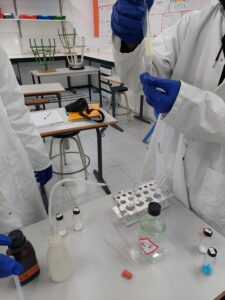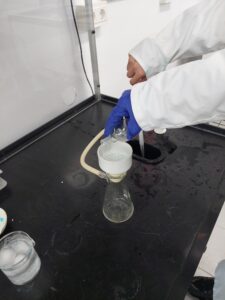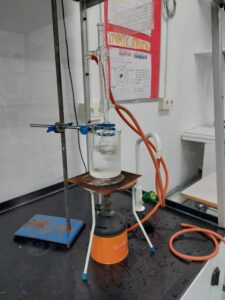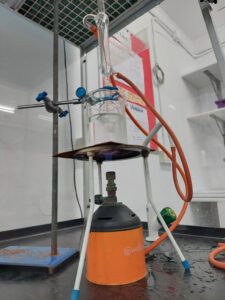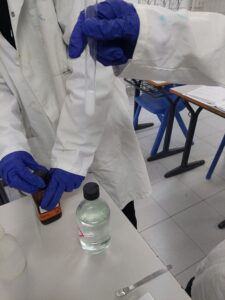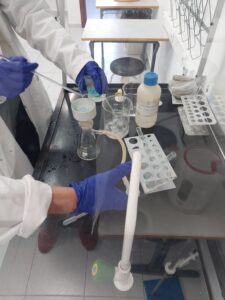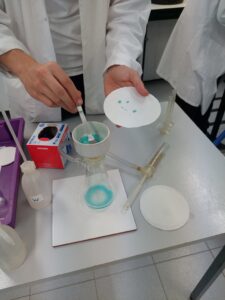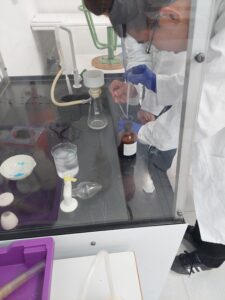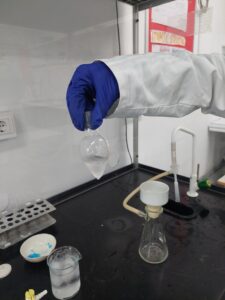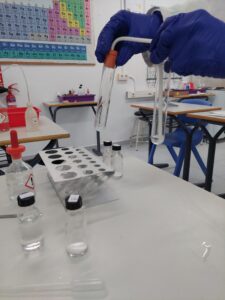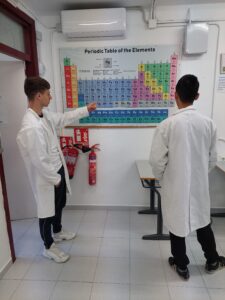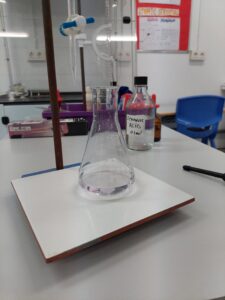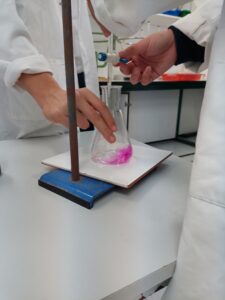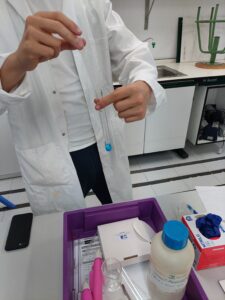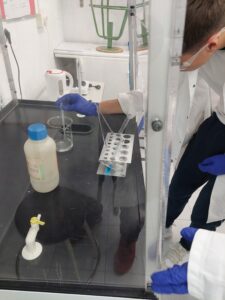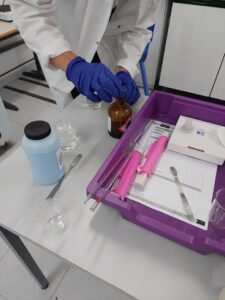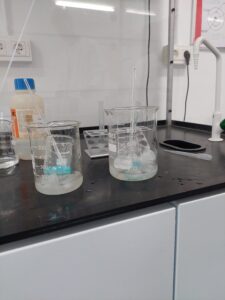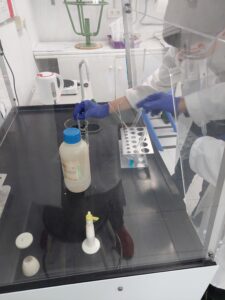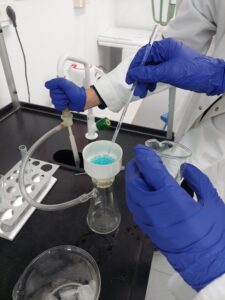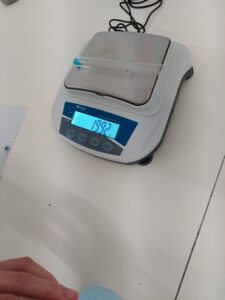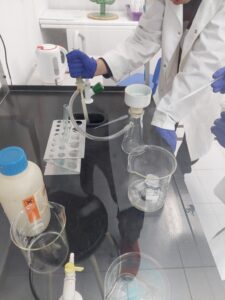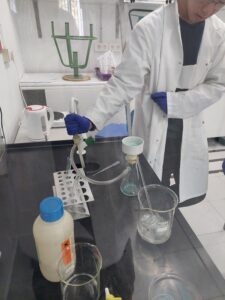Chemistry
| Universities value learners who have a thorough understanding of key concepts in chemistry, an in-depth knowledge of chemistry’s most important themes and strong practical skills. AS and A Level Chemistry help learners develop the knowledge and skills that will prepare them for successful university study. Our learners also develop lifelong skills of scientific enquiry, confidence in technology, and communication and teamwork skills. |
The key concepts on which this syllabus is built are set out below. These key concepts can help make links between topics and develop a deep overall understanding of the subject.
• Atoms and forces Matter is built from atoms interacting and bonding through electrostatic forces. The structure of matter affects its physical and chemical
• Experiments and evidence Chemists use evidence gained from observations and experiments to build models and theories of the structure and reactivity of materials.
• Patterns in chemical behaviour and reactions By identifying patterns in chemical behaviour we can predict the properties of substances and how they can be transformed into new substances by chemical reactions. This allows us to design new materials of use to society.
• Chemical bonds The understanding of how chemical bonds are made and broken by the movement of electrons allows us to predict patterns of reactivity.
• Energy changes The energy changes that take place during chemical reactions can be used to predict both the extent and the rate of such reactions.
